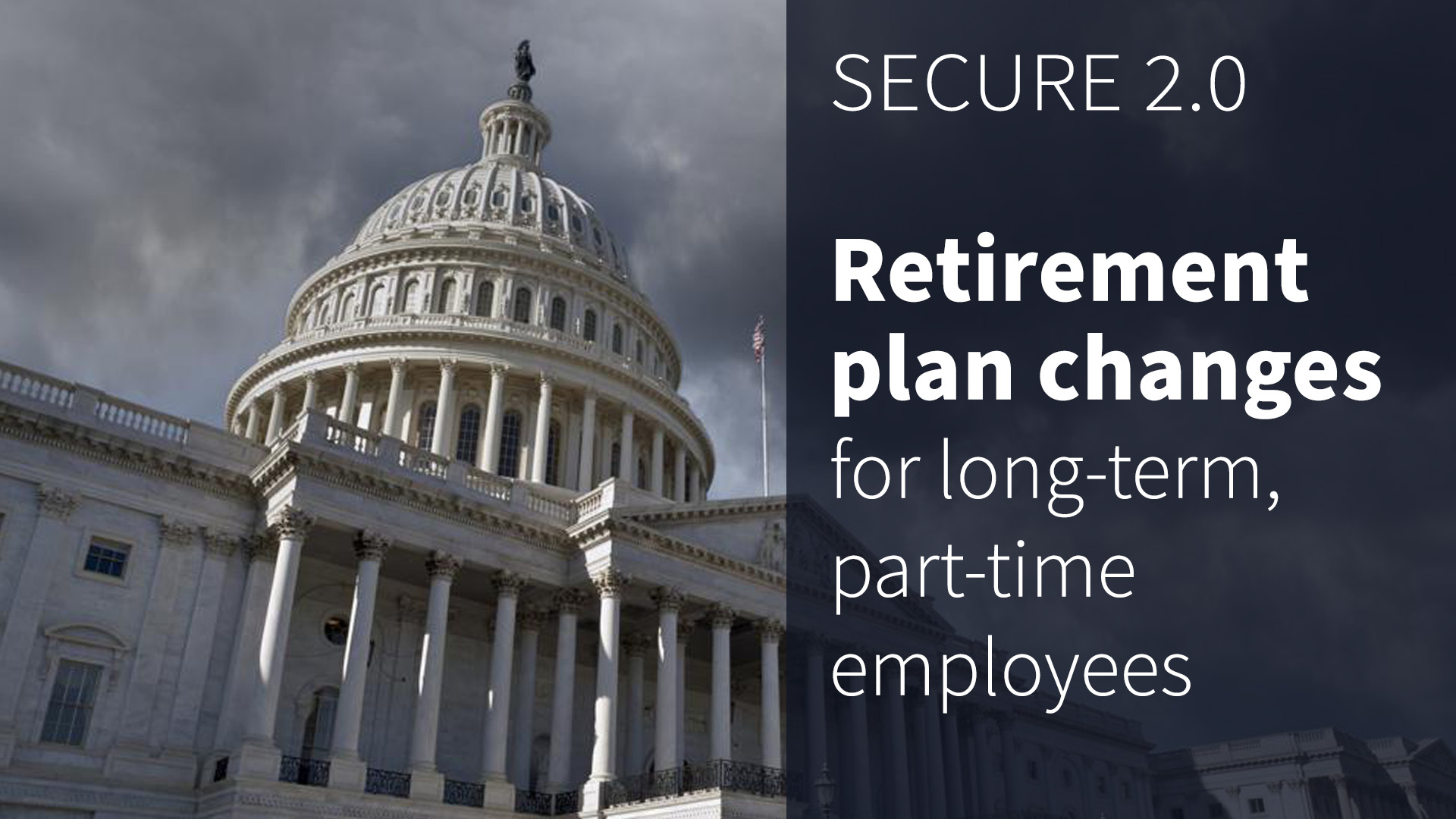On March 18, 2020, the IRS released Notice 2020-17, which provides substantial tax relief designed to help taxpayers and investors dealing with economic fallout from the COVID-19 pandemic. The primary benefit of this relief is an extension of time to pay your taxes. Specifically, with certain conditions, individuals (and trusts) may defer income tax payments that otherwise would have been due on April 15, 2020, until as late as July 15, 2020.
Simply put, the relief works like this:
You still must file either your 2019 income tax return or an extension by April 15, 2020. However, you can delay paying up to $1 million of your outstanding 2019 federal tax liability and your first quarter 2020 estimated tax payment, combined, until as late as July 15, 2020, without incurring any penalties and/or interest.
Of course, when it comes to taxes, nothing is ever really that simple, so here are answers to a few common questions we’ve already been receiving:
Question: Do I qualify for this relief?
Answer: Do you owe the IRS a payment for 2019 income taxes? Do you have to pay a first quarter 2020 estimated tax payment? If the answer to one or both of these questions is “yes,” then you are eligible to receive relief!
Question: Is the $1 million maximum the same for everyone?
Answer: The $1 million maximum applies to all taxpayers (except corporations), including trusts, regardless of filing status.
Question: Is there a special form that must be filed, or other action necessary to be eligible for this relief?
Answer: No. The relief is automatic.
Question: Does this mean that I can wait until July 15, 2020, to make my 2019 traditional IRA, Roth IRA and/or HSA contribution?
Answer: No. The deadline for making these contributions is the filing deadline, not the payment deadline. Because this relief only delays the payment deadline, contributions to the accounts mentioned above must continue to be postmarked by no later than April 15, 2020.
Question: What if I owe more than $1 million between my outstanding 2019 tax liability and my first quarter 2020 estimated tax payments
Answer: To avoid accruing penalties and/or interest, you must pay any amount you owe in excess of the $1 million maximum amount eligible for relief by April 15, 2020. The balance of your payment can then be made by July 15, 2020.
For example, suppose that you owe a balance of $900,000 to cover your 2019 tax liability, and you have a first quarter 2020 estimated tax payment of $250,000. That means you have $1,150,000 of total payments that would normally be due on April 15, 2020. To avoid any penalties or interest, you would need to make a payment of at least $150,000 by April 15, 2020. The remainder, $1 million, could be paid as late as July 15, 2020.
Question: If I’m not mistaken, my second quarter 2020 estimated tax payment is due on June 15, 2020. Are you saying that, if I take advantage of this relief, I’m going to have to pay my second quarter 2020 estimated tax payment before I pay my first quarter 2020 estimated tax payment?
Answer: Yep! This is going to be a very weird year for many of us in many ways.
Question: I plan to file my tax return by the April 15, 2020, deadline and would rather just pay my tax liability now so that I don’t have to worry about it. Is that OK?
Answer: Yes. Uncle Sam is always happy to take your tax payments early.
Question: What if I’ve already filed my taxes, and have a payment scheduled to automatically be deducted from my account on or before April 15, 2020?
Answer: You may call IRS e-file Payment Services 24/7 at 1-888-353-4537 to inquire about or cancel your payment. We would suggest, however, that you wait at least seven to 10 days after your return was accepted by the IRS before calling. So, if you filed within the last week, you may have to wait a few more days before calling to stop your payment.
Question: I’m expecting a refund. Is there any reason for me to wait to file my tax return?
Answer: If you expect a refund, it is generally better to file your tax return as soon as possible. Nothing associated with this relief changes that equation.
Summary of Deadlines
April 15, 2020:
File your 2019 income tax return or an extension. If your outstanding 2019 tax liability and first quarter 2020 estimated tax payment exceed $1 million when combined, pay the amount in excess of $1 million.
June 15, 2020:
Pay your second quarter 2020 estimated tax payment.
July 15, 2020:
Pay your outstanding 2019 tax liability and your outstanding first quarter 2020 estimated tax payment.
It’s important to note that this relief only applies to 2019 federal income tax liabilities. If you owe state taxes as well, be sure to check with your tax preparer to see if any additional relief is available at the state level.
This information could change quickly and without much or any notice as additional guidance becomes available, so we will continue to keep you informed.
Disclosure: By clicking on any of the links above, you acknowledge that they are solely for your convenience, and do not necessarily imply any affiliations, sponsorships, endorsements or representations whatsoever by us regarding third-party websites. We are not responsible for the content, availability or privacy policies of these sites, and shall not be responsible or liable for any information, opinions, advice, products or services available on or through them.
PKS & Company, P. A. is a full service accounting firm with offices in Salisbury, Ocean City and Lewes that provides traditional accounting services as well as specialized services in the areas of retirement plan audits and administration, medical practice consulting, estate and trust services, fraud and forensic services and payroll services and offers financial planning and investments through PKS Investment Advisors, LLC.




